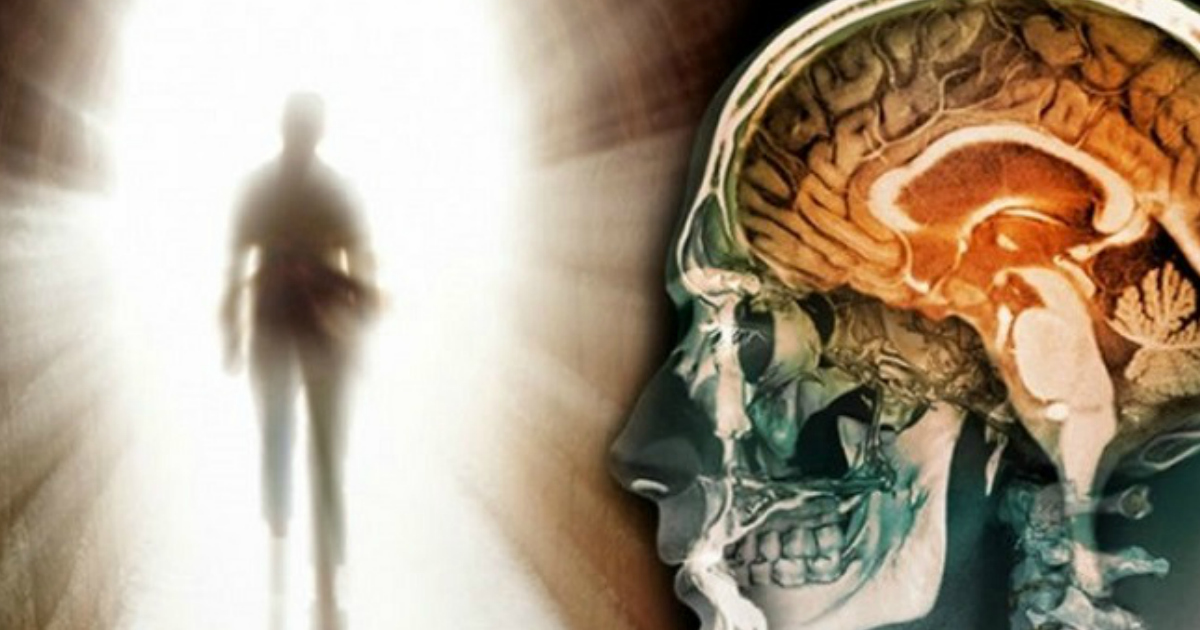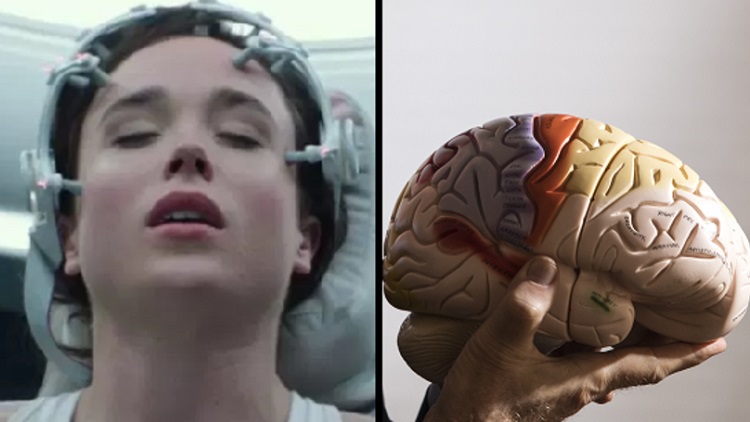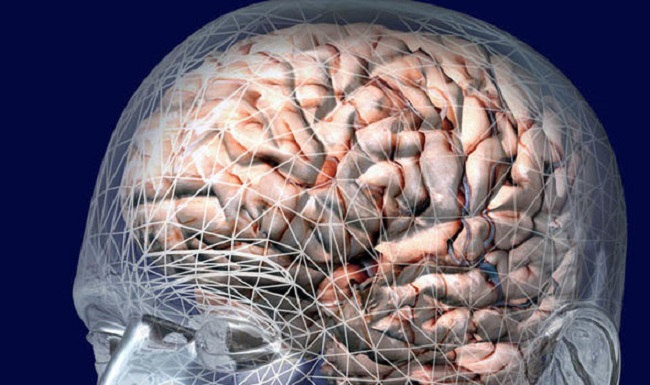


There are many theories surrounding the concept of consciousness. You might have heard about how people with near-death experiences have reported seeing a flash of white light as if entering a tunnel. Why is it common to have a flashback of your entire life played out before possible death, are these a result of a metaphysical aspect of the brain or just the result of brain physiology. Leaving out the perspective of the mystery of consciousness, the divine and the metaphysical element of which there is much debate, science and physiology proves that your brain lives on after death. It remains functioning for at least ten minutes after the body shuts down. Here is a step by step explanation of what happens.
Our concept of death is based upon a lifeless body devoid of function. A heart that has stopped working, a person who has stopped breathing, the circulatory system stops, the respiratory system stops and coronary failure. These are our perceived indicators of death but did you know there is much more than it appears to be? That if such things happen, you aren’t really dead.

Image Source: www.ladbiblegroup.com
Although your heart may have stopped, your brain continues to work and could possibly be the last part of your body to die.

Image Source: www.360nobs.com
Scientists are yet to explain why this happens. This could be the probable reason why people with near death experiences have reported seeing a flash of white light as if coming from a tunnel. Now if we were to engage in a discussion involving a perception beyond what science could explain, then could one safely say this is your subconscious making one last ditched effort to power up your body.
Just as dreams are a result of a brain interpreting life’s incidents in a surreal and abstract way, then perhaps when seeing this flash of light, one shouldn’t really extend an urge to move towards it as it logically could signify an urge to resign oneself to death. Perhaps if we pulled away, it could somehow empower our bodies to respond to the efforts being made by emergency attendants in the real world trying to shock your heart to resume again. Once again, since science can’t explain the light, interpretations could be varied.
Image Source: www.indiatimes.in
In this time, although your brain begins to lose oxygen it is still conscious because your cerebral cortex can last even without oxygen. The cerebral cortex is your area of the brain that enables your thoughts and decision making. It also collects all the information gathered by your senses and converts them into actions.
Image Source: thinglink.me
During this time when your body has shut down, your brain undergoes its last moments of life. Your brain cells are now slowly activating the thousands of chemical pathways between cells informing them that it is time to shutdown. This is so very much like a computer which has just received a command to shut down. In spite of the power plug switched off, it still remains charged for a few seconds as it transports information throughout the processor signaling to shut down completely.
In other words, your brain itself understands there is no more power to function (in this case oxygen) and thus it should die.
Image Source: www.gstatic.com
Standing between you and final death is one pump of oxygen. If your heart responds to the shock pads delivering a charge to restart your heart, then the brain picks up the signal and will continue to function. Thus if a medical attendant is successful enough to restart your heart through shock and CPR, then your brain receives enough oxygen to function and wake up. If there is no oxygen, then your brain surrenders.
In such cases, wouldn’t it be safe to say that the stronger your brain, the longer it could last in the moments after death giving you a vital chance of surviving again? Now you know why good health is advocated by many?
Image Source: www.amazonaws.com
Even as your brain begins to shut down, there is one final location in our brain that clings on; it does not give up easily. These are your memories.
Image Source: www.news.mit.edu
This area of your brain that won’t give up easily is the center where you’ve stored the most important memories of your life. This region is not susceptible to blood loss in spite of how badly you may be injured.
Image Source: www.safetypartnersltd.com
The memory center is the last part of your brain that eventually shuts down. But before doing so, it will play flashbacks from important and significant moments of your life before your eyes. This is why it has been reported that humans experience memory flashback or as it is scientifically called LRE (life review experience) in fatal accidents that could result in potential death.
Image Source: www.picdn.net
In terminally ill patients and those declared clinically dead, it was observed that the brain remained active for ten minutes even after life support was shut off.
Image Source: intensivecarehotline.com
When EEG (electroencephalograph) recordings were scanned in such patients whose life support was shut off, remarkable differences were observed in each of the patients proving that every individual goes through his or her own unique experience when they die.
Image Source: www.telegraph.co.uk
That’s fascinating but true, 1000 or more genes will still be functioning in your body even 2 days after death. They will remain highly active and all of them have extremely important functions.
Image Source: www.internapcdn.net
Believe it or not, these genes are now continuously stimulating inflammation and trying to activate the immune system even making an effort to counteract the stress of the condition of death. The problem is that some of these genes are switched on during embryonic development.
Scientists wonder, if in this stage, is the body trying to actually revive itself and save itself from ultimate death by going back to an initial cellular stage.
Image Source: www.ehowcdn.com
Why exactly would the body initiate cancer growth in such a stage where it tries to reanimate itself to life 2 days after death? It is still a mystery why a body promotes cancer growth in such a situation.
Genes in our body in attempting to reanimate to a cellular embryonic stage cannot differentiate between hundreds of cells in the body which may also be reanimated in the process and this includes cancer tumor afflicted cells too.
Food for thought (to be taken in stride): if such a condition was successful with disease afflicted cells also being reanimated, then, could this give rise to a zombie type of human?? Just wondering?
Image Source: www.silazdorovia.ru
Science with all of its grand evolution still makes doctors pronounce a body dead in spite of the knowledge that it is. Does this action stem from the fact that science hasn’t yet yielded a method to support the body in such conditions of reactivation and ultimately even as it attempts to do so, the disease within it will make sure of a final demise?
Shouldn’t doctors and scientists provide a physical atmosphere for every dying person to last out these conditions till finally declaring ultimate death??
Image Source: www.ibtimes.co.in
Shouldn’t the medical fraternity take light of this condition in the wake of organ donation immediately after death? When conducting autopsies moments or hours after death, shouldn’t such considerations be taken into account when declaring people dead?
Image Source: www.geneticliteracyproject.org
Perhaps they may have their reasons and the all-important fact that they don’t really know what to do to help enhance such conditions. Only time and research will yield knowledge or technology to support such physiological conditions in relation to a brain living after death. There will come a time when perhaps people will be considered dead only when they bodies well and truly shut down.
Image Source: www.timg.com